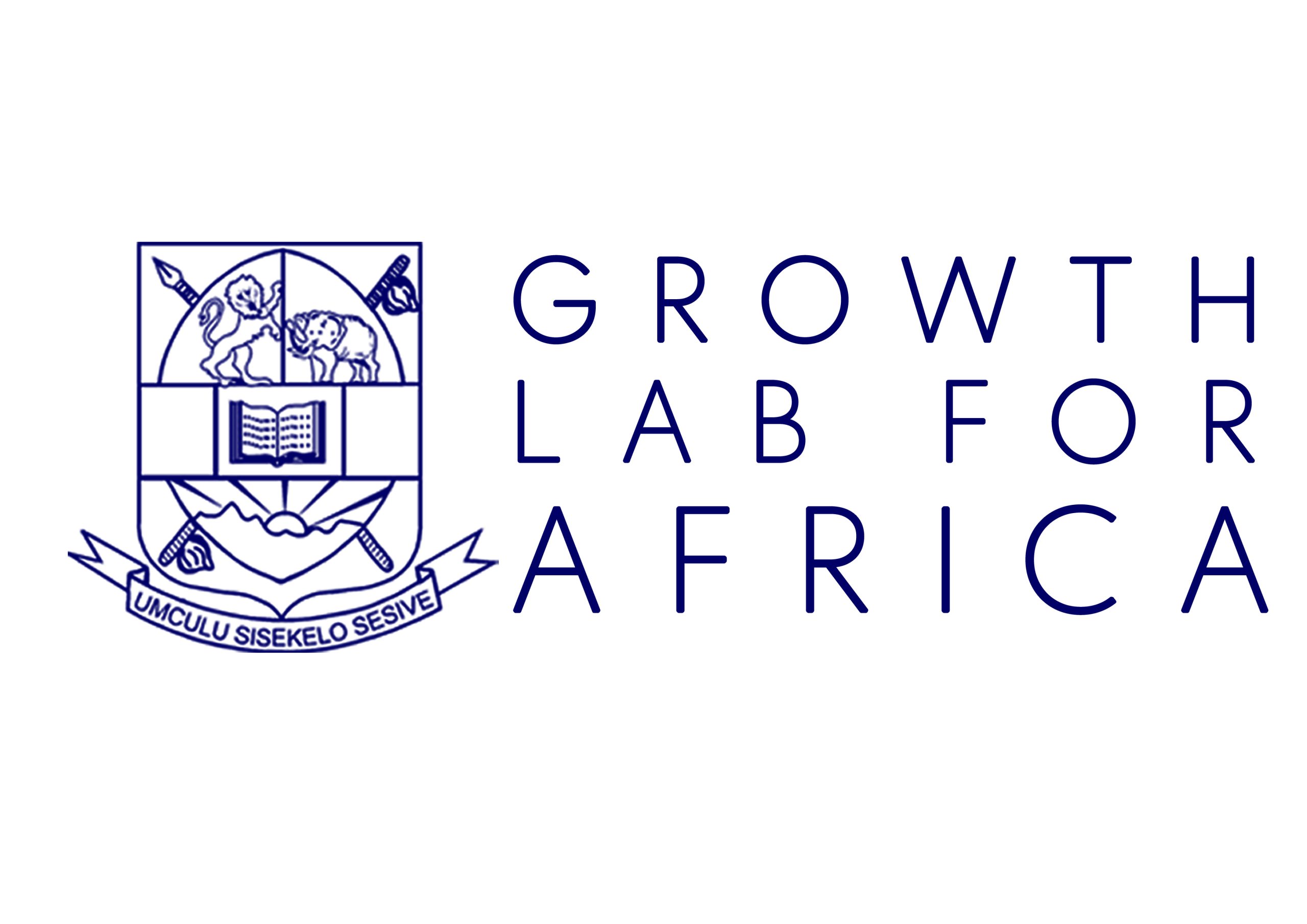ABOUT US

VISION
To be the major catalyst for economic growth and sustainable development in Africa.

MISSION
To enable the people of Africa to grow their economies, enhance individual wellbeing and achieve national development through access to cutting-edge research, evidence-based policies, effective innovation and entrepreneurship as well as seamless technology adoption and diffusion.
The lifeblood of the Growth Lab is an ecosystem that draws its agents from diverse demographics and geographical locations of the world.
While UPIAC remains the leading organ in the Economic Development for Africa, other participants do come in as technical collaborators, affiliates, fellows, and interns.
The composition of the Core Team:
- Dr S. V. Mhlanga- the GLA Director
- Dr S. A. Metfula- Network Director
- Dr B. S. Dlamini- Events Director
- Prof C. Fowler- Academic Consultant
- Dr P. Zheng- Academic Consultant
- Dr J. W. Kule- Entrep Prog Advisor
- Mr P. Magagula- Commercial Advisor
The GLA Fellows:
- Dr M. A. Nchake, Stellenbosch University (SUN)
- Prof L. Olarinde, University of Eswatini (UNESWA)
- Dr B. Muroyiwa, National University of Lesotho (NUL)
- Dr B. Mapeshoane, National University of Lesotho (NUL)
- Dr David Damiyano, Bindura University of Science Education, Zimbabwe.
The Growth Lab depends on the generous giving by foundations, organizations and individuals to reward our human resources who are dedicated to pursuing the GLA vision of being a major catalyst in inclusive economic growth and development.
The diversity and interdisciplinary character of the team unleashes the dynamic power amassed from cutting-edge and data driven research.
To learn more or get involved with the Growth Lab, please contact UPIAC:
- Tel: +268 2517 0309 (Ms N. Mdluli)
- Tel: +268 7635 9420 (Ms N. Mdluli)
- Tel: +268 7611 9516 (Dr S. Mhlanga)
- Email: nmdluli@uniswa.sz



